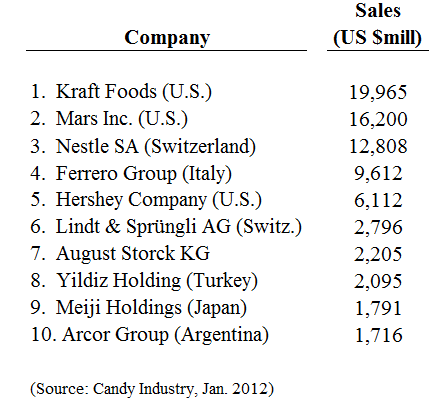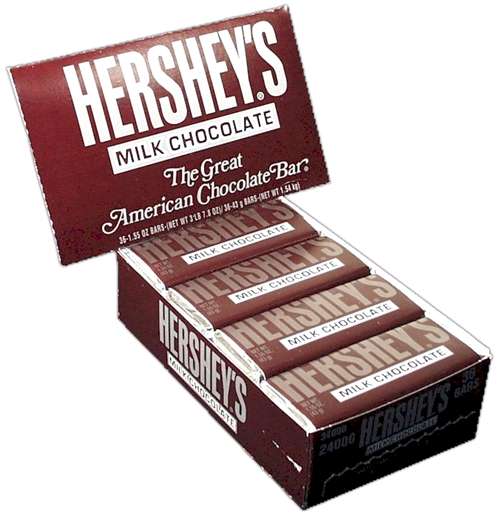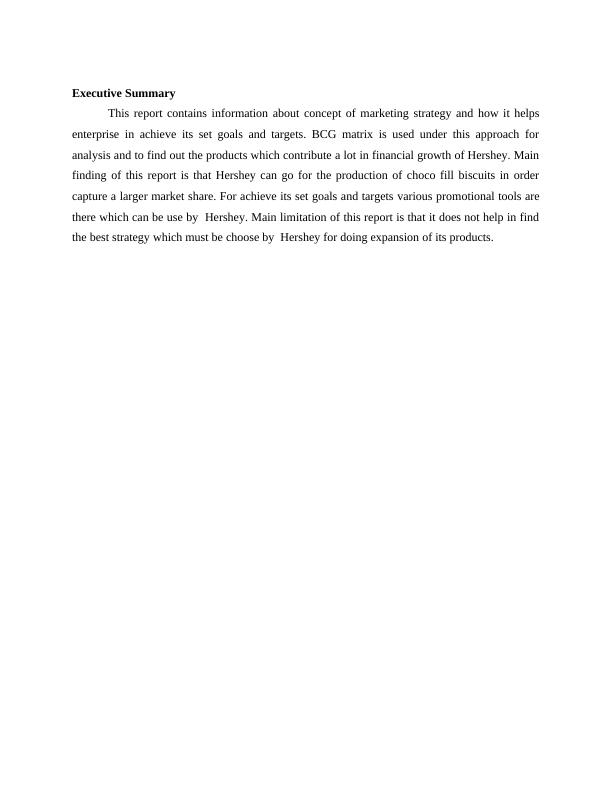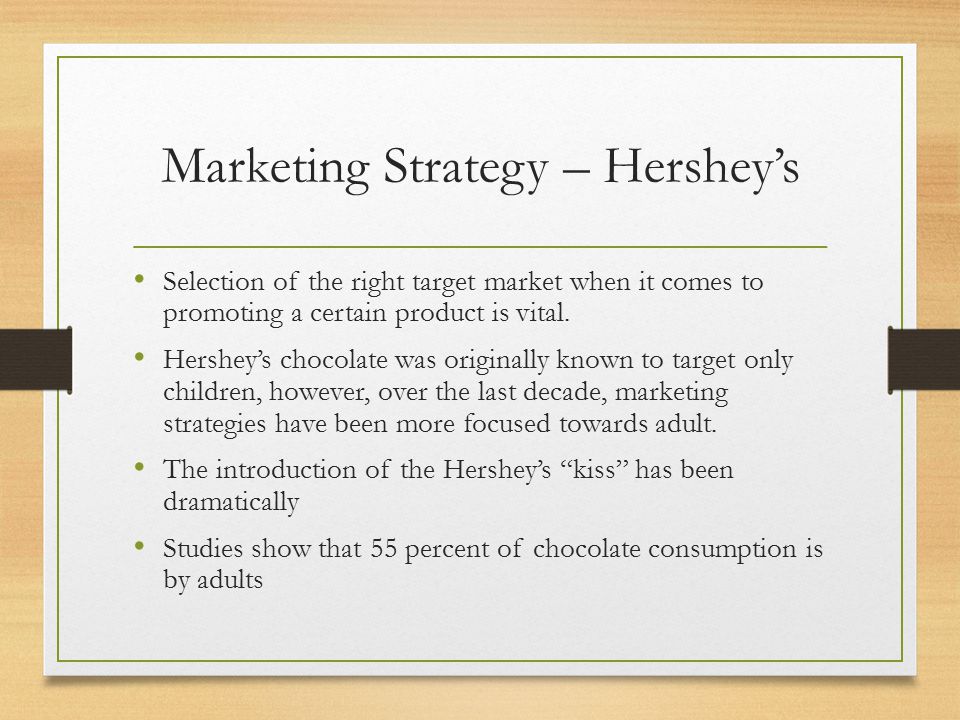Hershey is a leading confectionery company known for its iconic chocolate products such as Hershey's Kisses, Reese's Peanut Butter Cups, and Hershey's Milk Chocolate Bar. The company has a long history dating back to the late 19th century, and over the years, it has developed a strong brand identity and loyal customer base. One key factor in Hershey's success has been its marketing strategy, which has evolved over time to adapt to changing consumer preferences and market conditions.
One of the key elements of Hershey's marketing strategy is its focus on innovation. The company is constantly introducing new products and flavors to keep its offerings fresh and appealing to consumers. For example, in recent years, Hershey has launched a range of new chocolate products including Hershey's Bliss, a line of premium chocolates, and Hershey's Special Dark, a line of dark chocolate products. In addition to introducing new products, Hershey also frequently updates its packaging and marketing materials to keep its brand image current and relevant.
Another key element of Hershey's marketing strategy is its focus on emotional branding. The company has long been associated with happy memories and special occasions, and it uses this association to create a strong emotional connection with its customers. Hershey's advertising often features images and messages that evoke feelings of happiness, nostalgia, and family togetherness, reinforcing the idea that its products are an important part of life's special moments.
In addition to traditional marketing efforts, Hershey has also embraced digital marketing in recent years. The company has a strong presence on social media platforms such as Facebook, Instagram, and Twitter, where it interacts with customers and promotes its products. Hershey also uses targeted email marketing campaigns and online advertising to reach consumers who may be interested in its products.
One of the challenges facing Hershey is the increasing competition in the confectionery market. In response to this, the company has focused on differentiating itself through its commitment to sustainability and social responsibility. Hershey has implemented a number of initiatives to reduce its environmental impact, such as using renewable energy sources and implementing sustainable packaging solutions. The company has also focused on supporting social causes, such as education and child welfare, through its charitable efforts and partnerships with non-profit organizations.
Overall, Hershey's marketing strategy has been effective in maintaining its position as a leader in the confectionery market. By focusing on innovation, emotional branding, and digital marketing, as well as differentiating itself through sustainability and social responsibility, Hershey has been able to engage and retain a loyal customer base.









